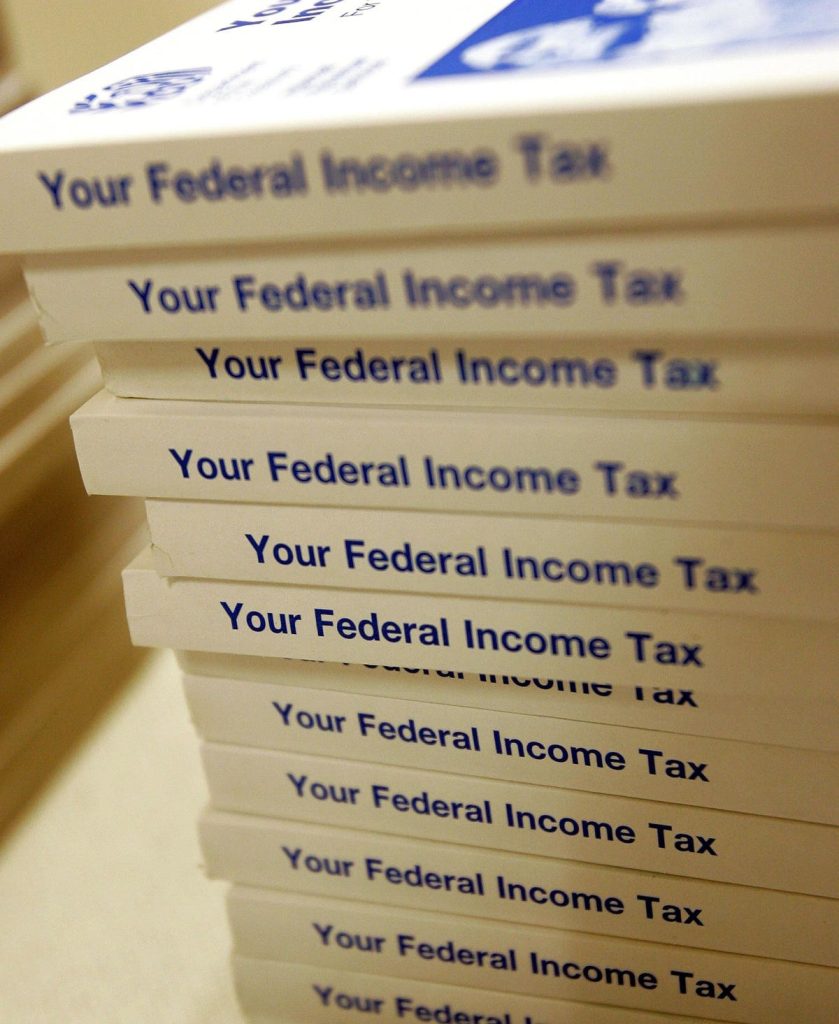Business owners need a good understanding of required federal, state, and local taxes. Filing business-related taxes can be a time-consuming and complicated process, especially for new entrepreneurs.
Small business owners may face different types of taxes each year at the federal, state, and local level. Here is a breakdown of them.
Federal Taxes
All businesses need to file federal income taxes. In advance of the April 15 tax deadline, most business owners will need to file four separate estimated tax payments. These payments are based on a business owner’s income in the prior tax year. Business owners that do not file these quarterly tax payments or meet the safe harbor requirements set out by the Internal Revenue Service (IRS) will be subject to a significant penalty when filing.
Self-Employment Tax
Depending on the business structure, many business owners will have to file a self-employment tax. Since wages are not withheld for self-employed income for payroll taxes, as they would if you were an employee, business owners will need to account for that in your annual tax filings. The self-employment tax is the reason why many business owners have to pay estimated taxes throughout the year.
Payroll Tax
If a business has employees, it is responsible for withholding a portion of an employee’s earnings that is sent to the IRS on the employee’s behalf. The withheld are related to several federal programs that include Social Security, Medicare, and Unemployment Insurance. Additionally, these withholdings are for federal income taxes and each employee will have a different tax liability based on their income and filing status.
Excise Tax
Depending on the specific goods or services that a business sells, a business may be required to pay an excise tax on the sale of those goods. Most of the time, this tax is included in the price of goods. According to the IRS, this tax is imposed on the sale of fuel, airline tickets, heavy trucks and highway tractors, indoor tanning, tires, and tobacco.
State-Level Taxes
Similar to federal income taxes, a business’ state income tax obligation is based on its structure. Some states require businesses to pay an income tax and others do not. Be sure to check your state department of revenue or similar department website to understand specific income tax requirements.
Employment Tax
Some states require businesses to withhold additional wages to support state programs, such as disability insurance. There are online tools and calculators to determine how much state employment and federal employment taxes need to be withheld.
Sales Tax
Most states require businesses to charge a sales tax on specific items. Some items are subject to a special tax, while others require a general sales tax. If a business sells goods online, it must pay the sales tax of where the buyer is located. This is due to a recent case where the U.S. Supreme Court ruled that states have the power to request sales tax from online sellers who are not physically located within the state but have sold goods or services to individuals located in the state.
Local Taxes
Local municipalities may levy several taxes directed at business owners. The most common are property taxes, but it varies by locality. Be sure to check with your city or county clerk to understand the local small business taxes.
Fully understanding your tax compliance is an important component of running your business, but also being aware of the changing nature of the tax code might require you to utilize the services of a tax prep software or invest in a payroll company. Most small business owners also hire an accountant to ensure that all tax filing and payments are made correctly. Accountants help reduce the amount of time business owners spend on taxes and booking. Generally, an accountant’s services can range from filing taxes to booking services to general financial advice. Each of these investments in your business could be vital to your long-term success.
Read the full article here










